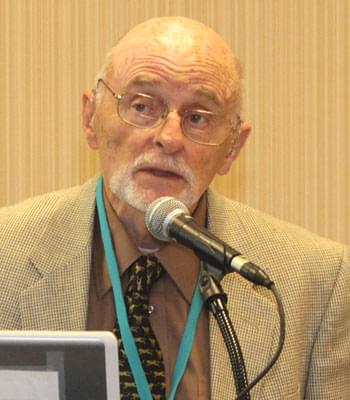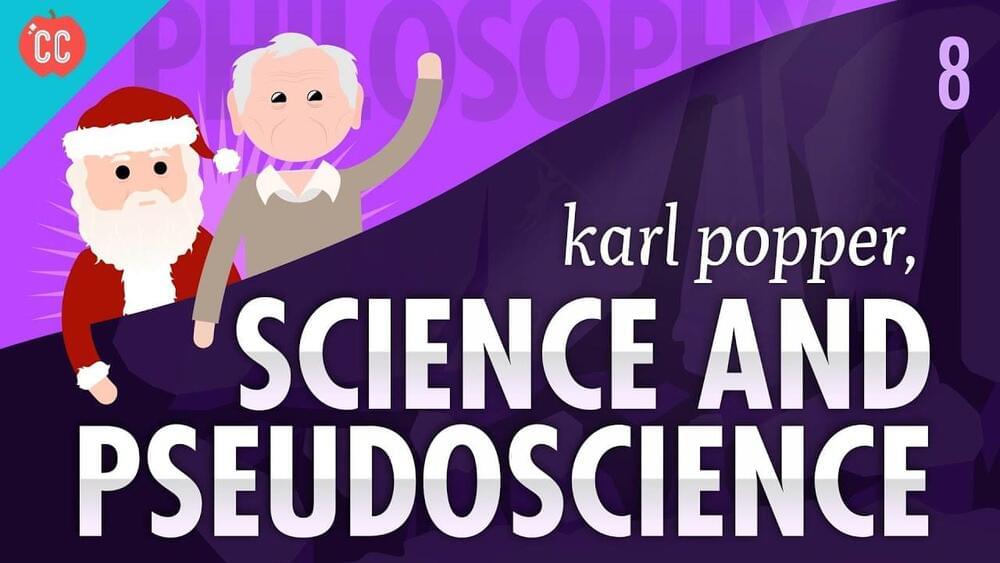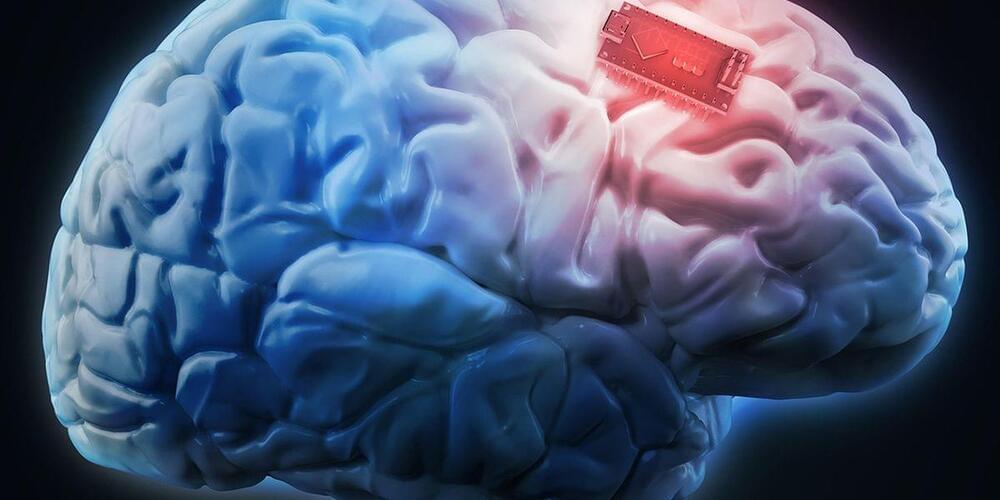
Improving intelligence has preoccupied society since French psychologist Alfred Binet devised the first IQ test. Since then, the notion that intelligence can be calibrated has opened new avenues into figuring out how it can also be increased.
Psychological scientists have been on the front lines of modifying intelligence. So much intelligence is genetically determined, it is, to a large extent, hereditary. But there are still some areas in which it can be malleable.
Intelligence is generally divided into two categories: fluid intelligence and crystallized intelligence. Fluid intelligence is the ability to reason in an abstract way and solve problems. Someone who can come up with dozens of new uses for, say, a toothbrush would demonstrate superior fluid intelligence. And this is exactly the kind of intelligence that tends to diminish as we grow older. The acquisition of intellectual skills, or the ability to read and comprehend, is known as crystallized intelligence, and this form tends to improve as we age.


















